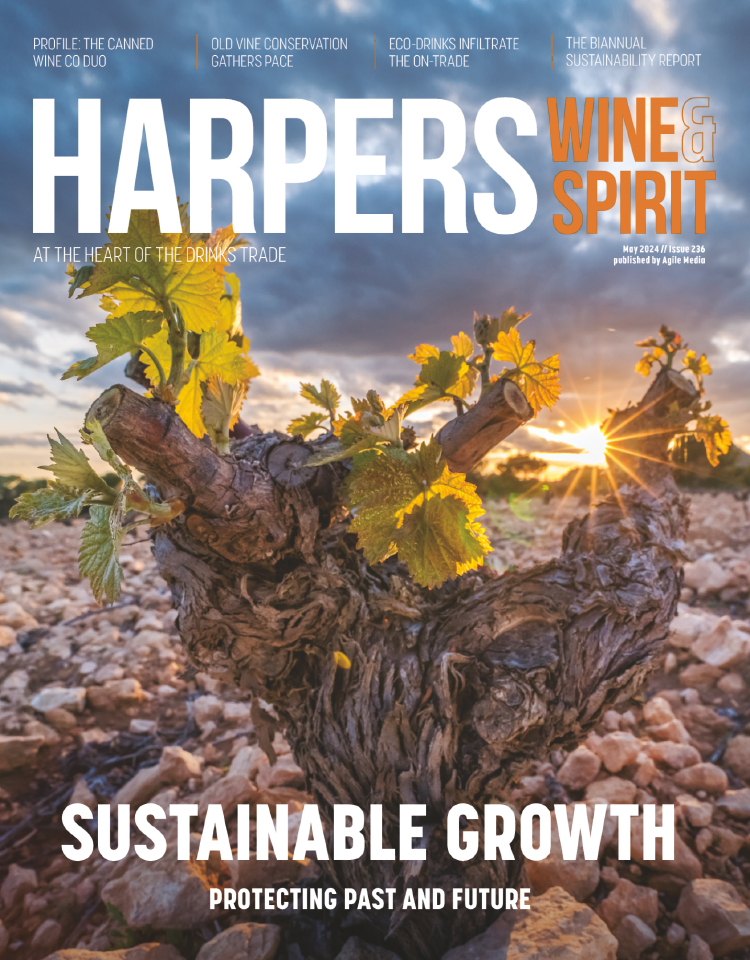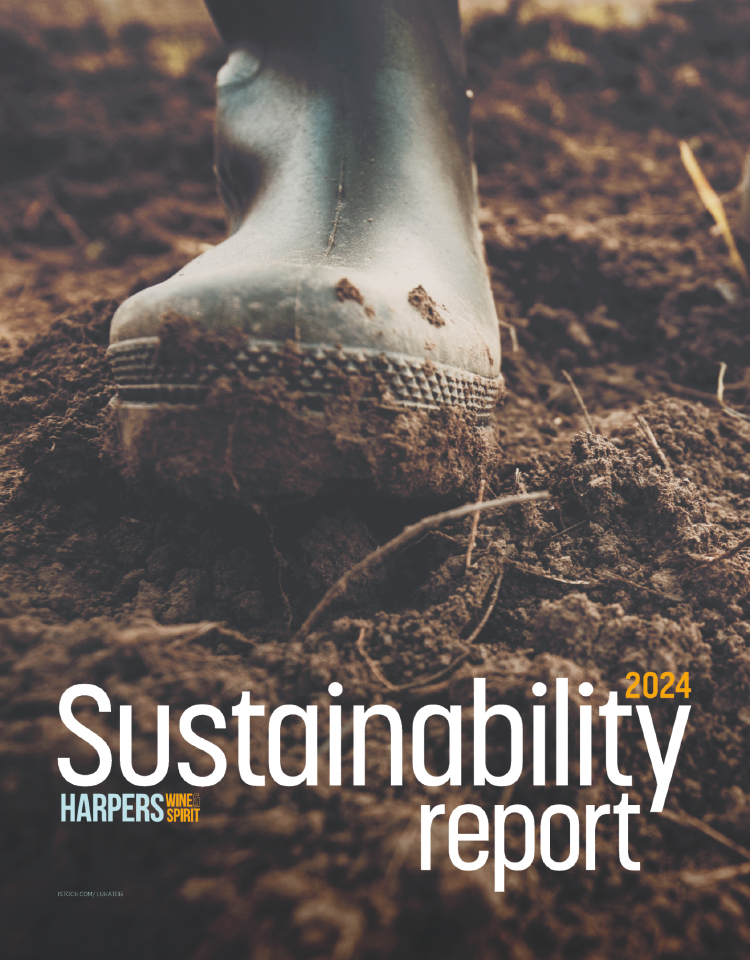It's a WRAP
When it comes to recycling and waste minimalisation, the UK is the laggard of Europe', according to Andy Dawe, glass technology manager of the Waste & Resources Action Programme (WRAP).
He was speaking at WRAP's seminar at the LIWSF last week, the object of which was to look at minimising the amount of waste generated by wine packaging and present both economic and environmental solutions.
Dawe said the Scandinavian countries, along with the likes of Germany and the Netherlands, recycle between 70 and 80% of their waste, while the UK has managed to double its level to 50%.
He said the situation was exacerbated by the imbalance in green glass due to the huge imports of wine, nearly all of which comes in green bottles.
Dawe said the two key imperatives - the double whammy' - were:
to move more wine suppliers to bulk importing, and
lightweighting' - getting suppliers and bottlers to use lighter bottles.
He said bulk importing would help rid the UK of the colour imbalance and using lighter bottles would save on materials and transport costs.
The move to bulk would also give suppliers and retailers more flexibility in the supply chain and would assist in reducing inventory.
Dawe also questioned the wine trade's practice of using heavier bottles to tell the consumer that what is inside is more expensive wine.
He said they had carried out a hypothetical audit of the fixed costs of a leading brand of Chardonnay' and estimated that by importing it in bulk, savings of 45% on current costs could be achieved - significant in a tightening market'.
Stewart Blunt, AC Nielsen's UK wine market analyst told the seminar that wine sales had gone from 35 million cases in 1990 to 92 million last year.
He said the New World wine-producing countries used to account for one in 20 bottles (5%), but now it was 55%, so that was approximately 550 million bottles coming halfway round the world to the UK.
As to who should instigate changes, Blunt said the top 20 brands accounted for 36% of all off-trade sales (36 million bottles), and buyers' own brands for 25% or 25 million bottles.
With 65% of the sector in the under-4 category, Blunt suggested it was particularly in their interests to look at measures such as shipping in bulk and/or lightweighting to cut costs.
Blunt concluded with the sobering news that according to Nielsen's most up-to-date MAT figures, the market for wine appeared to be flattening out after years of continuous growth.
This is going to put more pressure on margins and any cost savings will be given serious consideration,' he concluded.
Nicola Jenkin, WRAP's retail innovation project manager, told the seminar that out of a sample of 350 bottles, they found that the lightest, at 299g, came from just over the Channel in Belgium and France, while the heaviest weighed 899g (average 500g), and Champagne bottles weigh an astronomical 1kg.
She commented that some of the heaviest examples came from Argentina and Chile. She also questioned the weight (of bottle) to price relationship and the need for a punt for fast-moving lines that are unlikely to be kept for ageing and thus throw a sediment.
Jenkin also noted that bottles that take cork (and probably synthetic stoppers) need a stronger, thicker neck (and therefore heavier bottle) than wines under screwcap. She suggested that few mainstream consumers would notice, or necessarily care, if suppliers moved to a best in class' 300g bottle.
Using the WRAP model again, Jenkin estimated that if the leading Chardonnay brand' lightweighted as well as bulk imported, savings of more than 200,000 could be achieved.
On the issue of whether lighter bottles would be durable, Jenkin said that the brewer Coors had reduced the weight of glass for its Grolsch brand by 15% without any bottling line issues.
David Workman, director general of British Glass, assured the audience that the industry had the capacity to cope with increased bottling in the UK.
He said the WRAP initiatives would help reduce CO2 emissions, would reduce tonnage in the waste stream and would therefore reduce the amount of waste going to landfill.
Sally Easton MW, a former bulk wine buyer for Kingsland, which supplies a lot of wine to the likes of Tesco and the Co-op, was on the panel of speakers as a representative of the consumer.
She stated that the technical expertise regarding shipping wine in bulk had improved over the past 10 years and there was now reason no why the liquid should be negatively affected' by this method.
She said a great many of the UK's leading brands were shipped in bulk but ended up in Germany and Italy for bottling. She called for that link in the (distribution) chain to be taken out'.
Dawe concluded that the seminar was not a glib summary' of what WRAP was doing or suggesting.
Consumer conditions are tightening and we could be falling away from growth. These are real issues and there is a real opportunity to take costs out of the equation and make some gains.'





